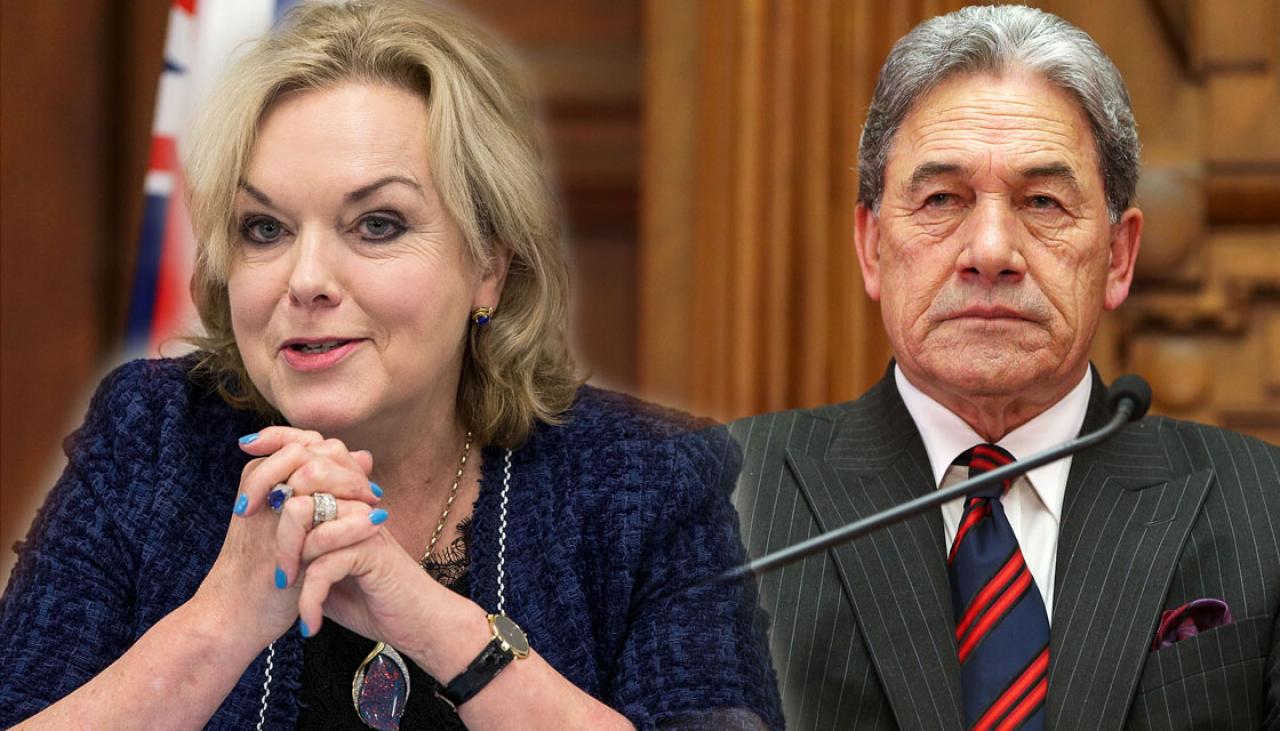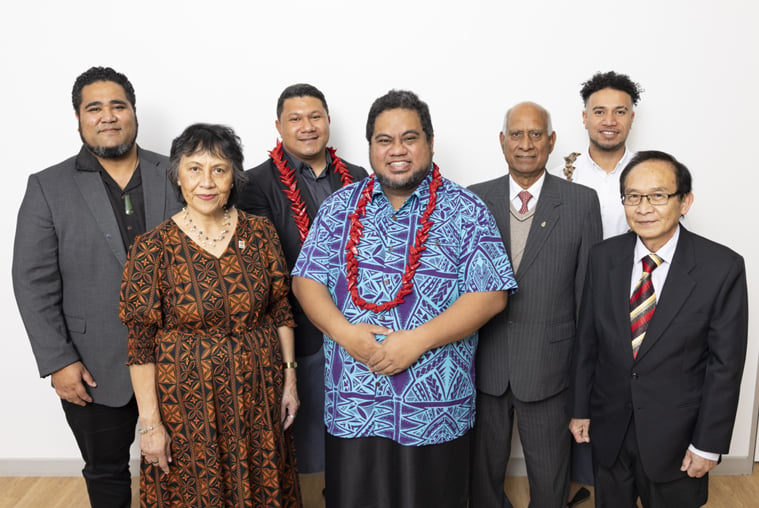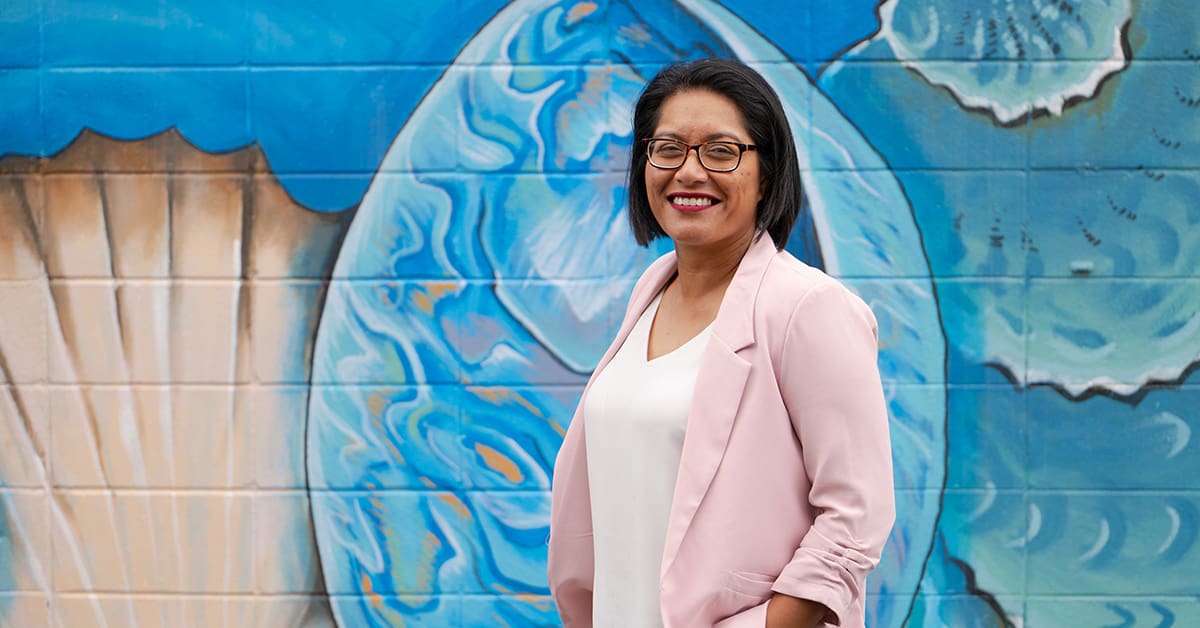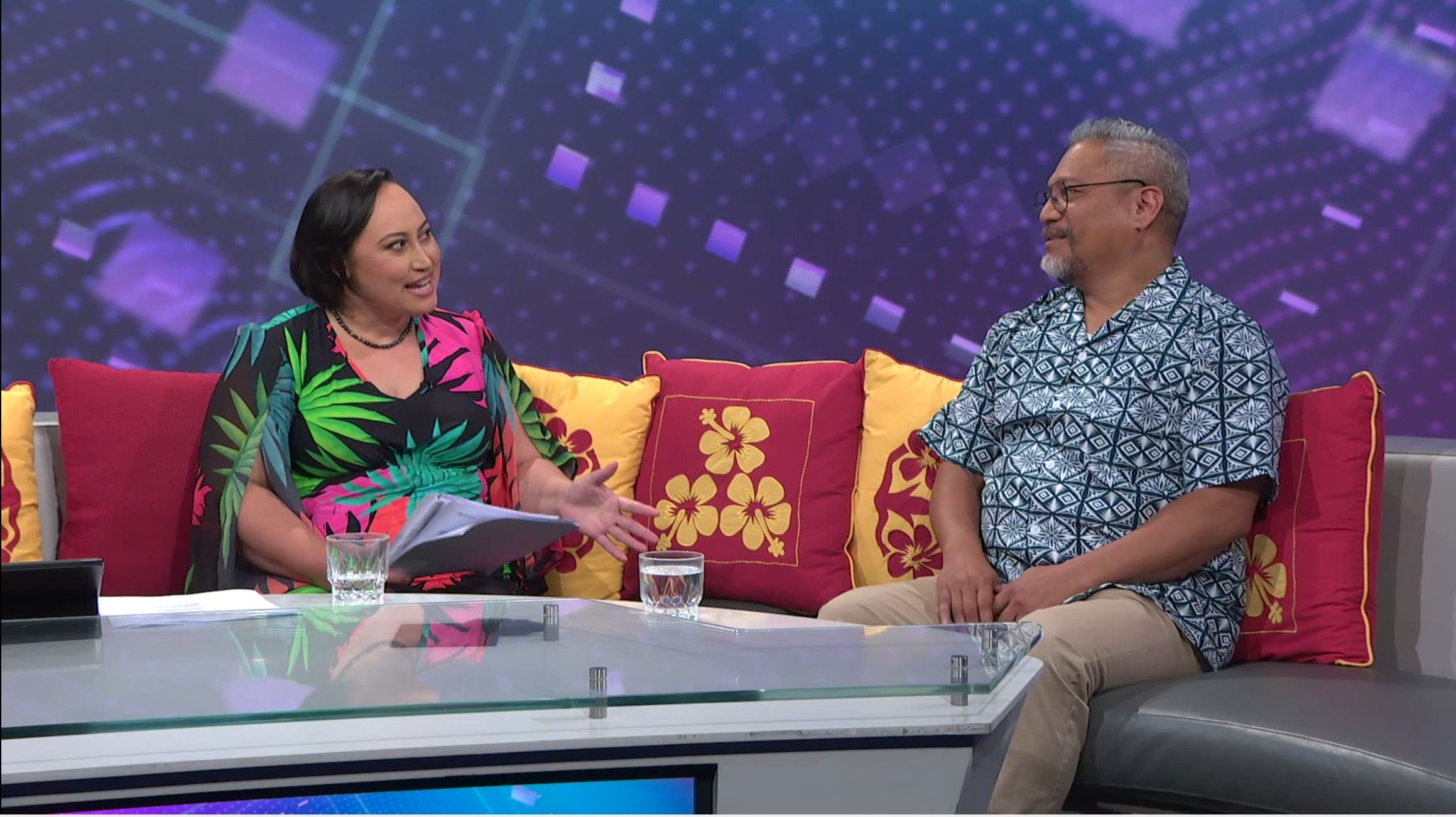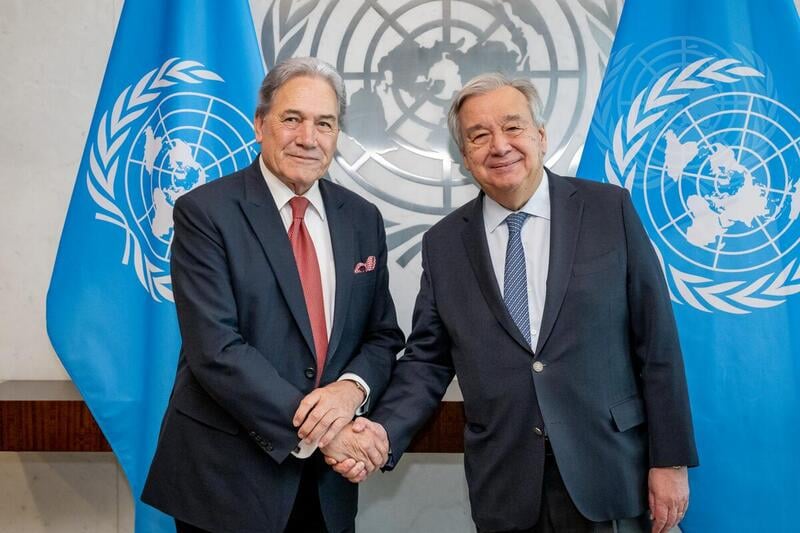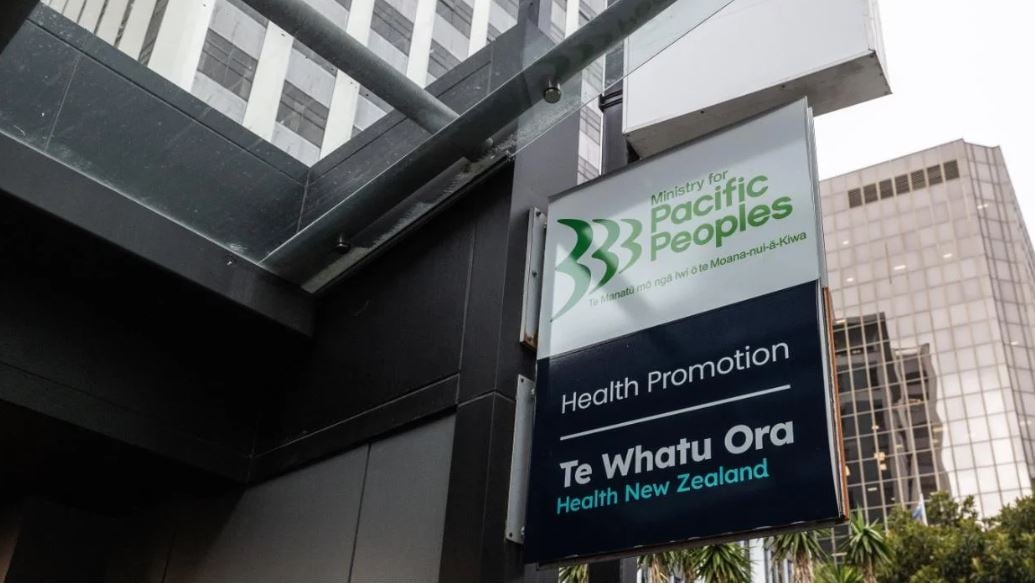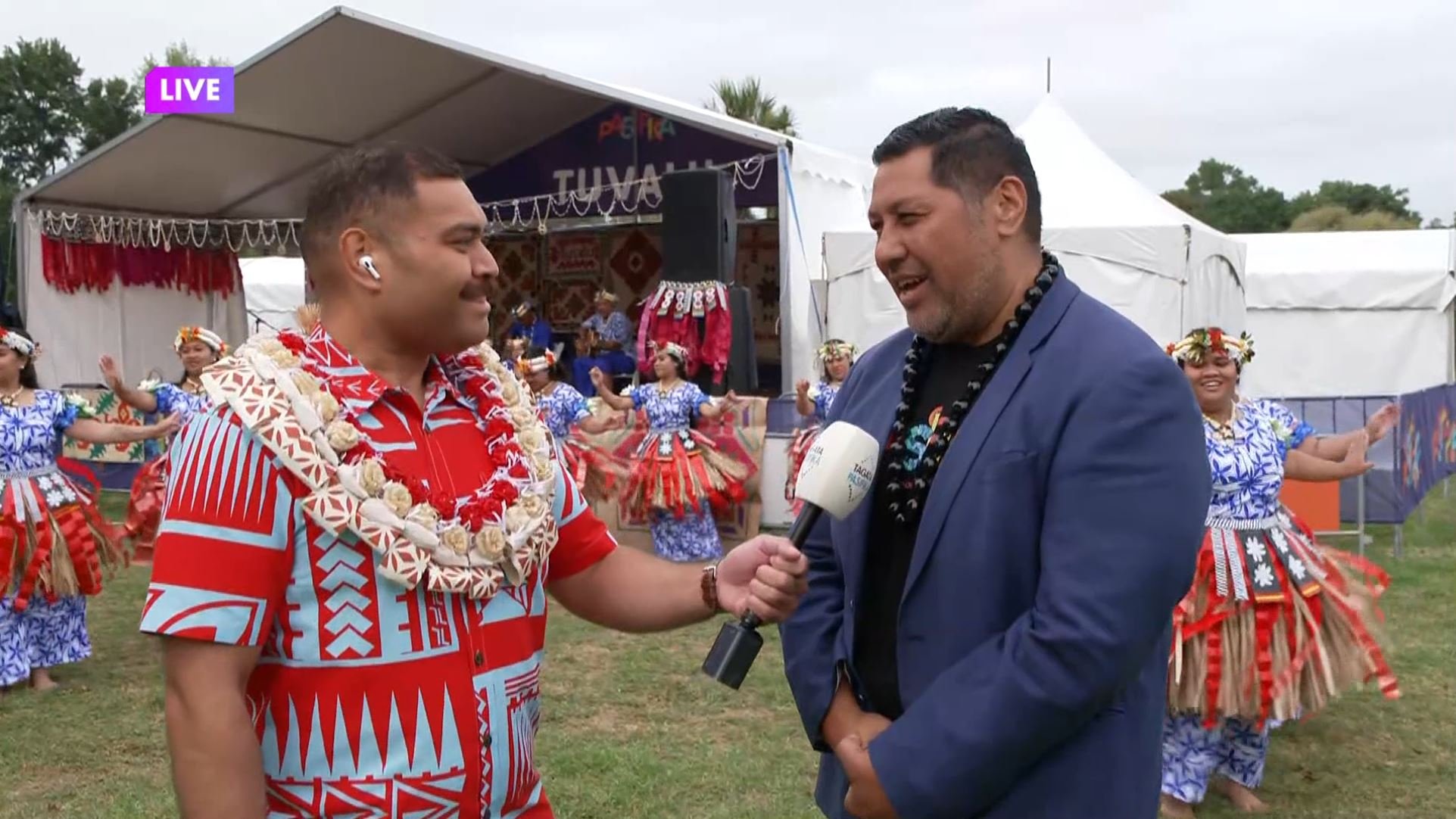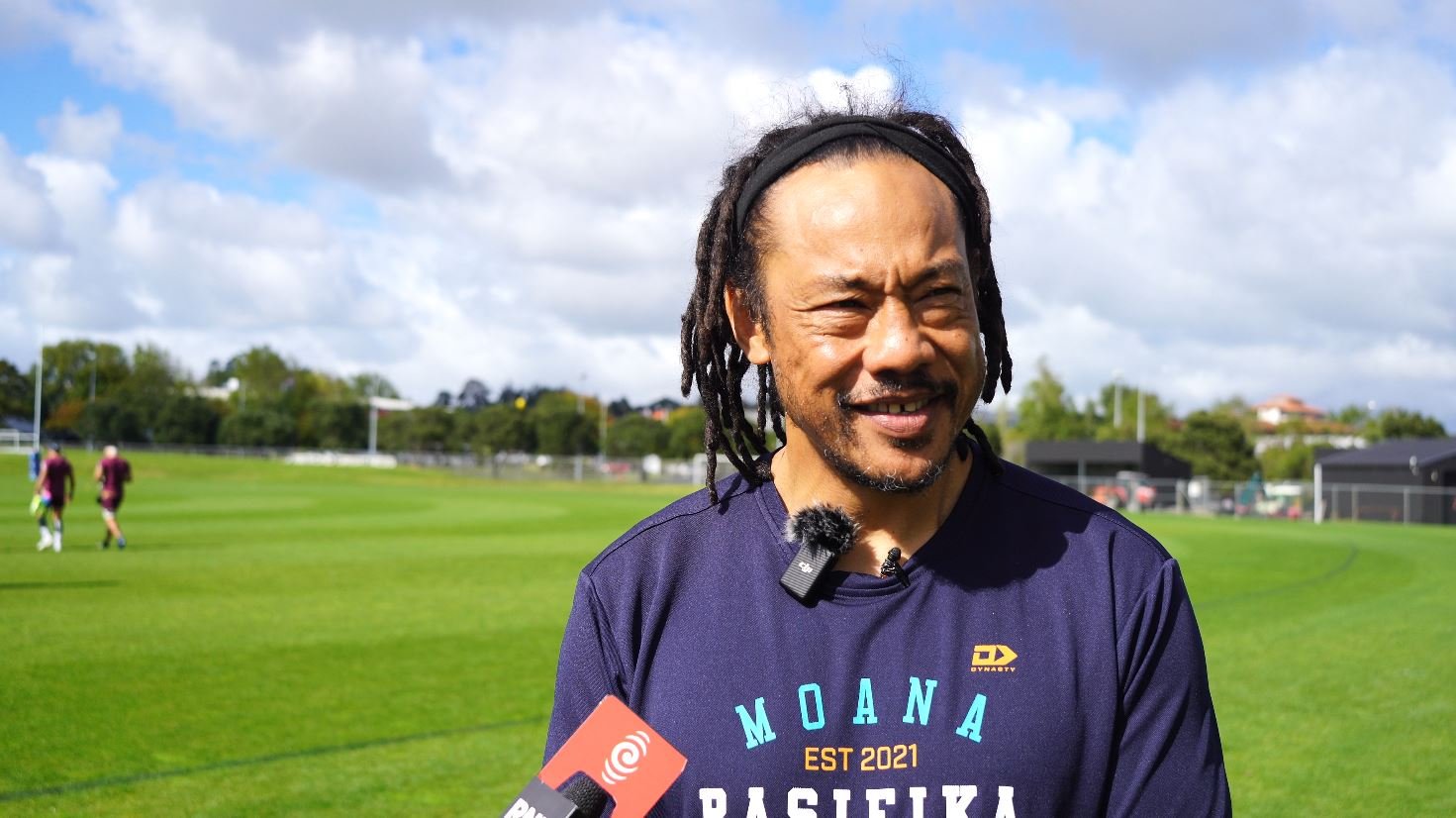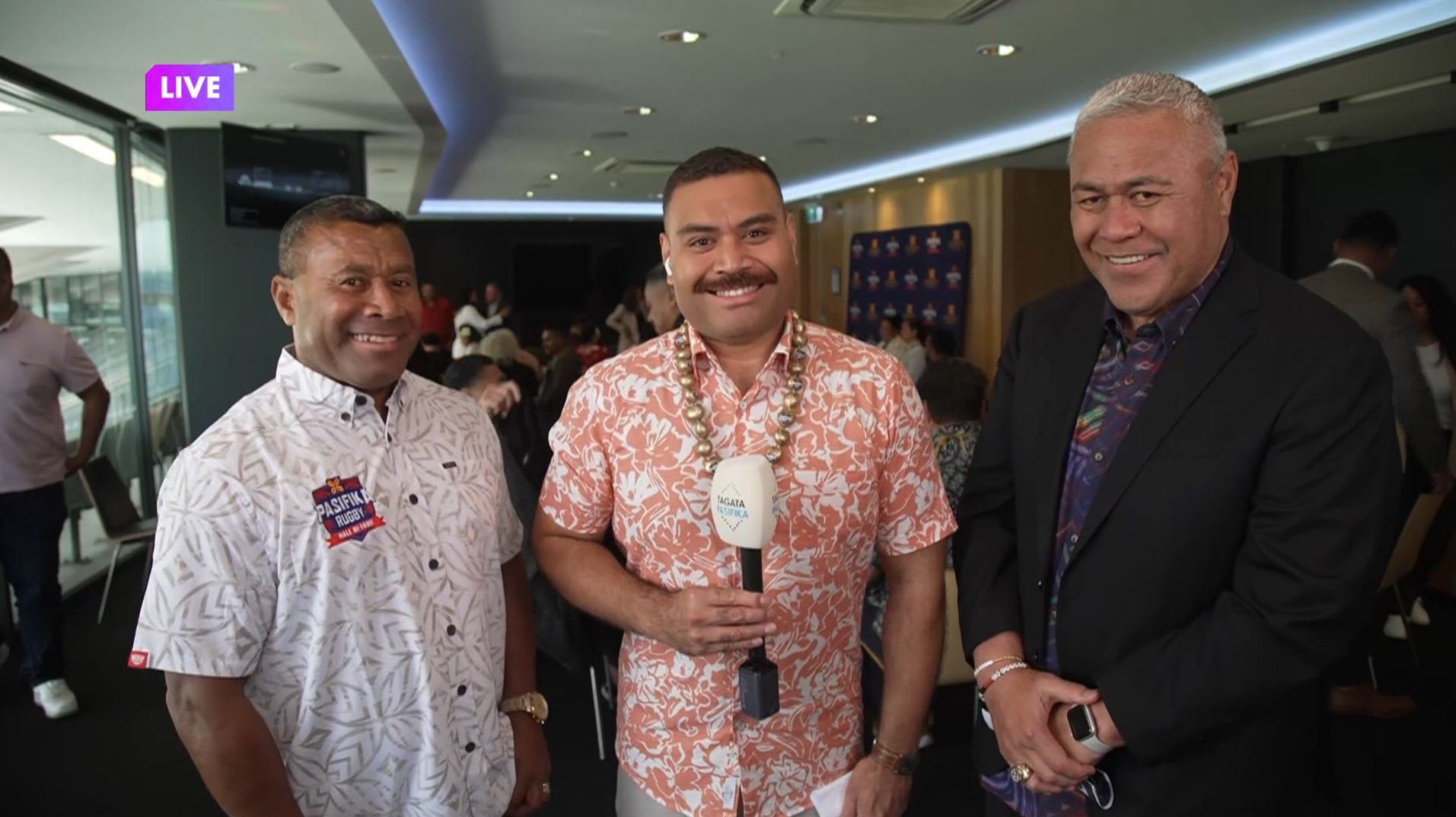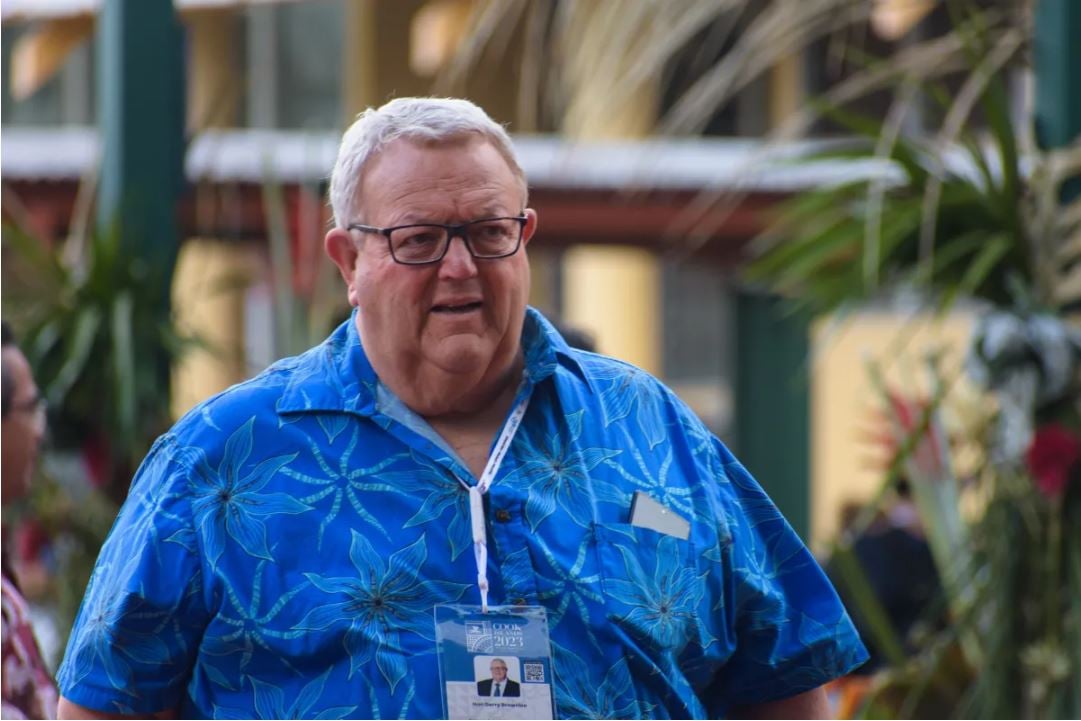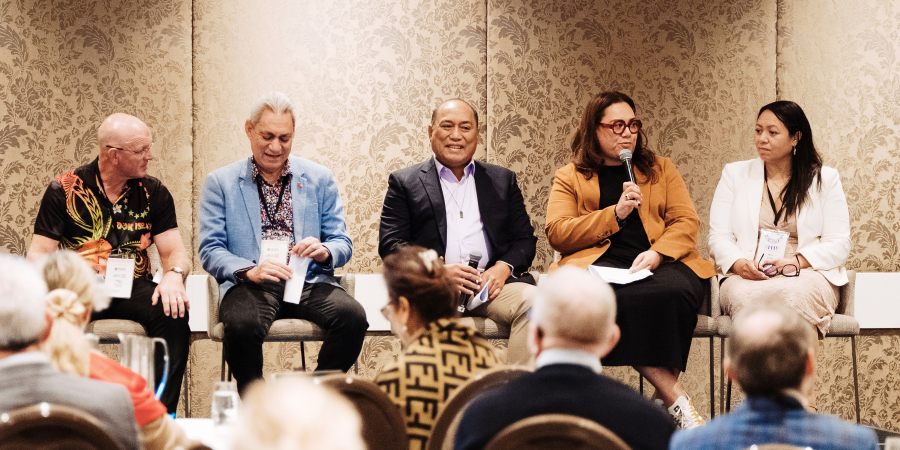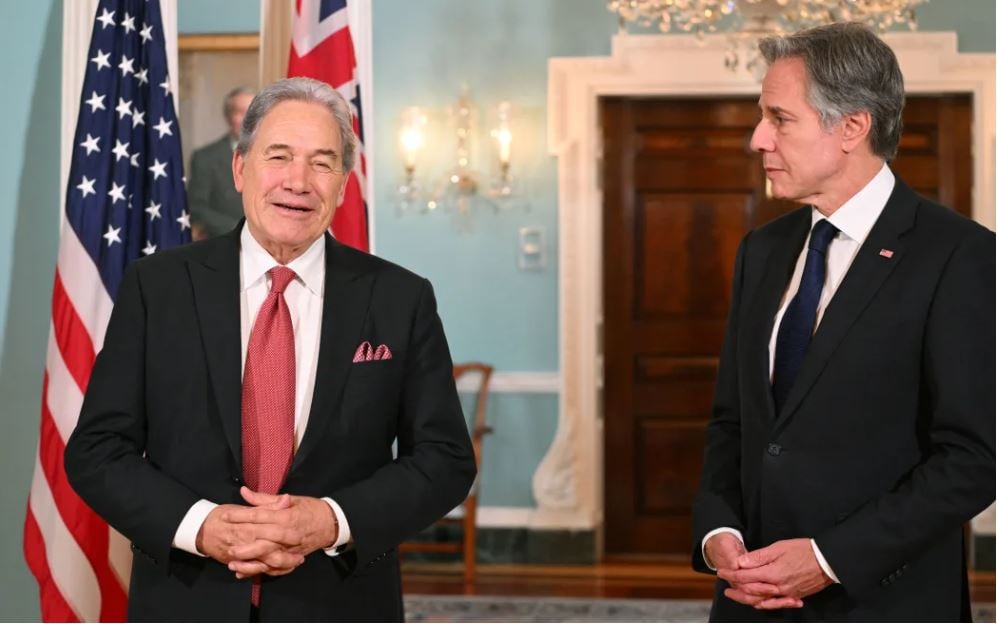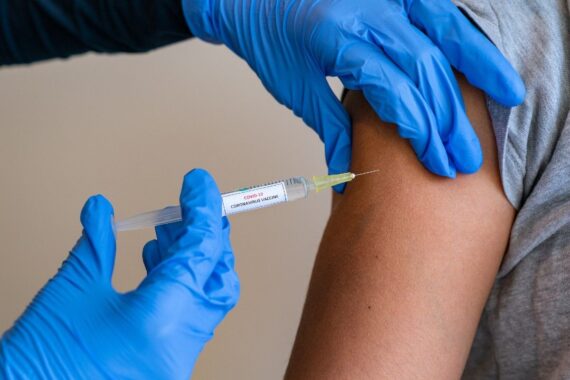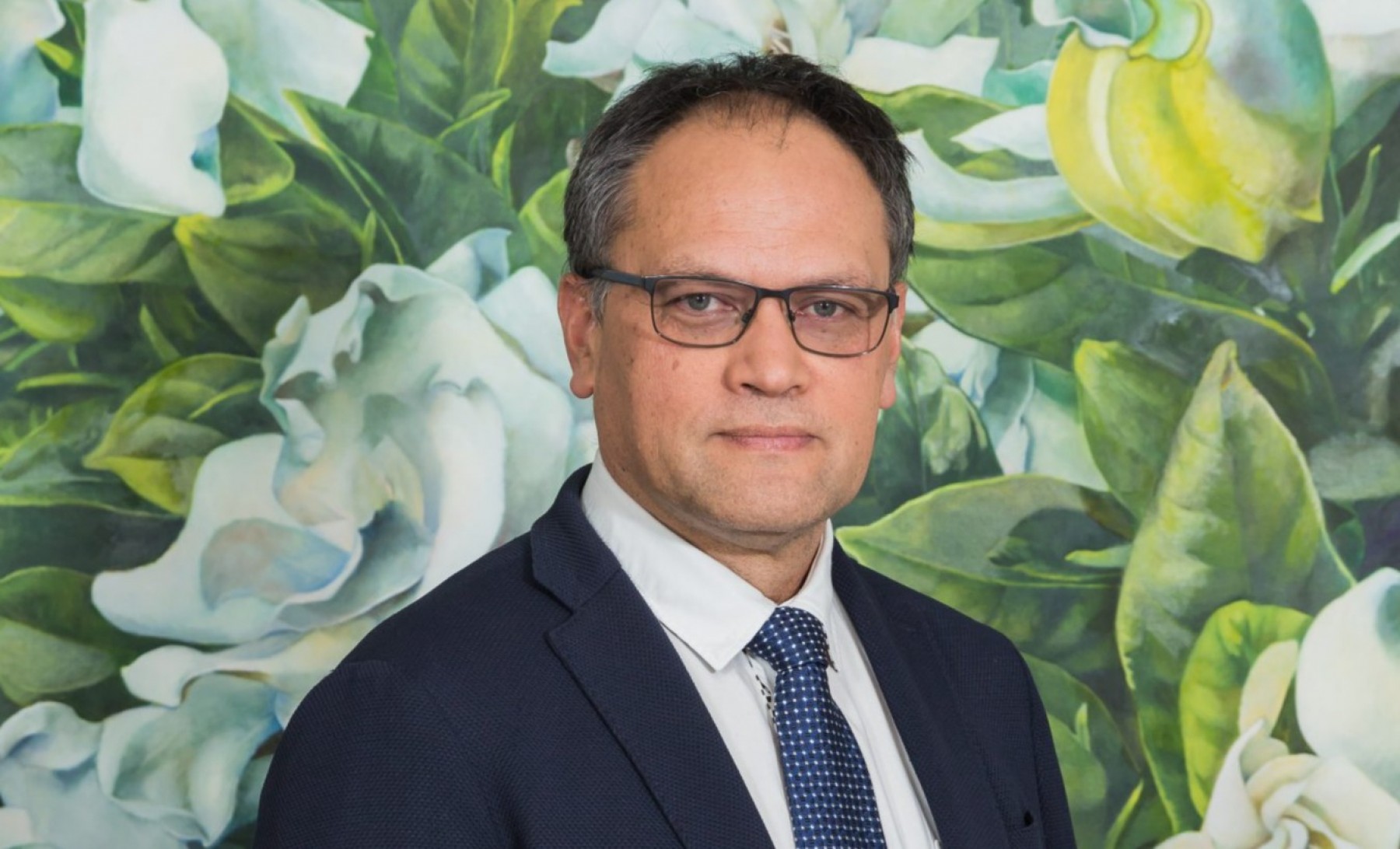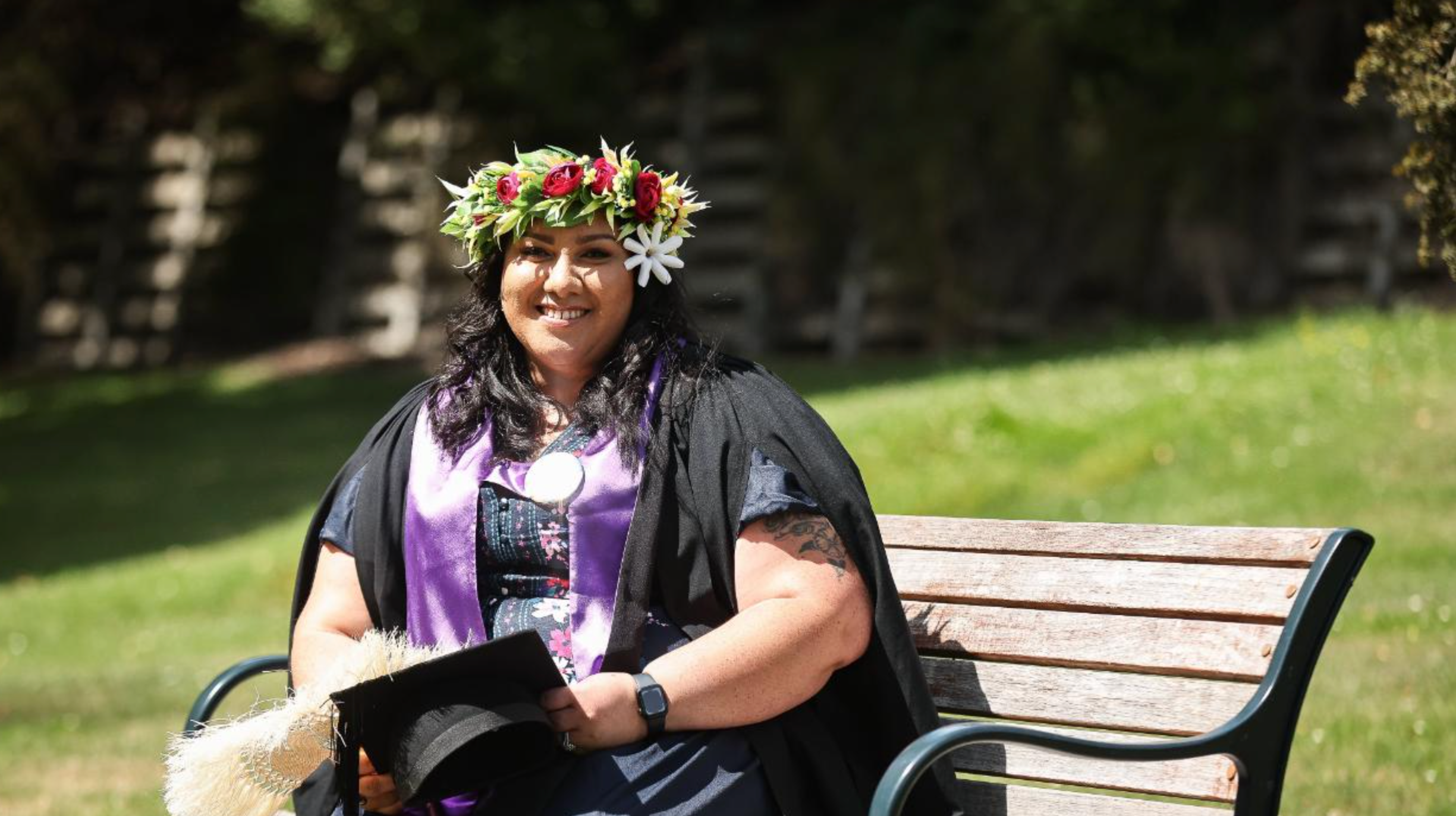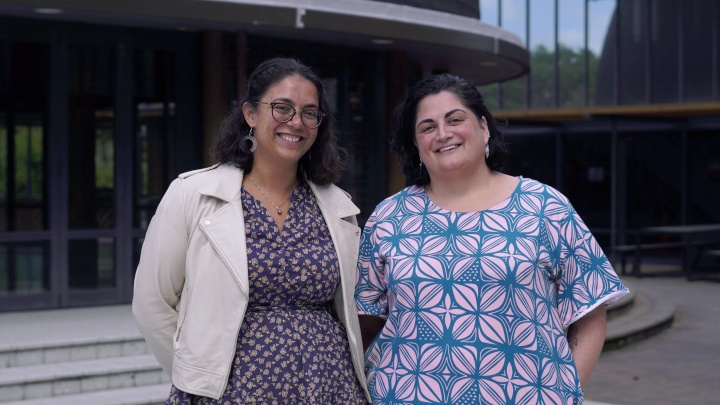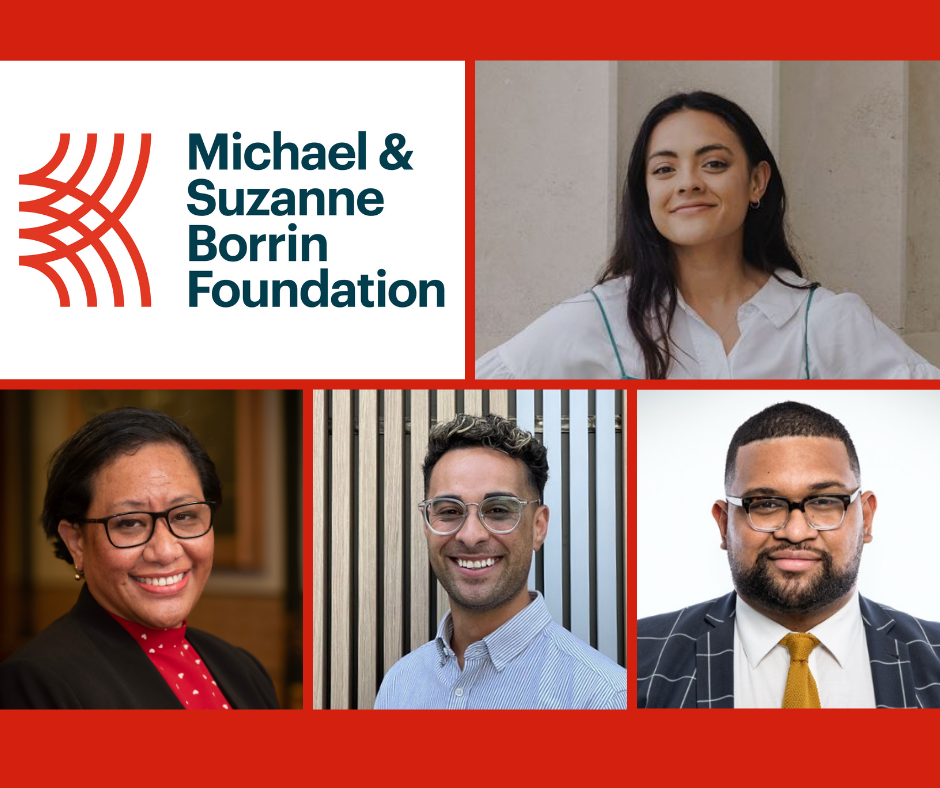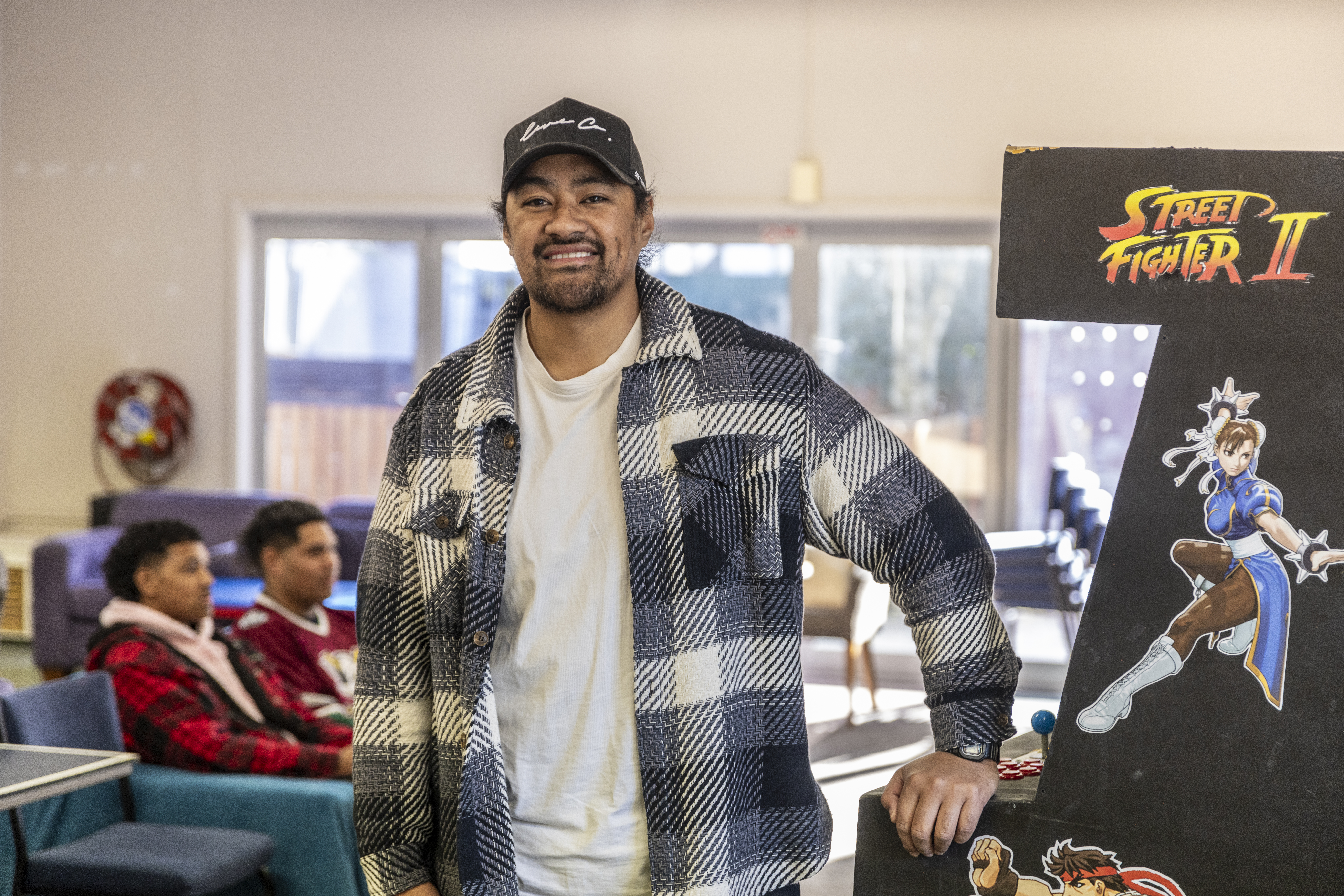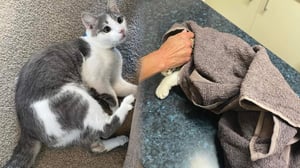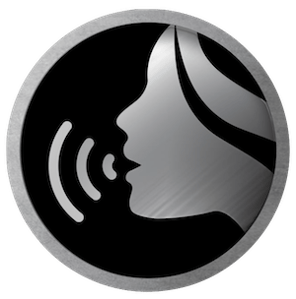The Royal Commission of Inquiry into Abuse in Care is the largest inquiry of its kind in New Zealand history, looking into state and faith-based care abuse between 1950 and 1999.
Lafoai Tims is a Samoan lawyer for the Commission’s Pacific Investigation Team.
“We are looking into what happened to people in care, what their experiences are, what circumstances led them into care and what was going on at the time,” she says.
“We’re looking at what social factors and what political factors were going on at the time.”
The Commission established the Pacific Investigation Team to shed light on Pacific survivors and unravel the circumstances surrounding their experiences with state and faith-based care.
“We know that many Pacific people came to New Zealand post-war to fill labour-intensive vacancies, and from that, there were lots of government policies and laws and social practices that would have affected families at the time.”
Fa’afete Taito is a survivor who spent time at the Owairaka Boys Home in the 1970s. He now works for the Royal Commission as a senior advisor for the community engagement team.
“There’s always this thing that maybe Pacific people weren’t in care or maybe they weren’t abused, and that’s wrong, because up until 1996, the stats that were taken up until then weren’t taken down properly and therefore Pacific identities were not recorded as such,” he says.
Furthermore, one of the biggest challenges facing the Royal Commission has been encouraging Pacific survivors to come forward, which is why the creation of a team committed to Pacific people has been crucial.
“It’s a very personal and intrusive topic to speak about. We know there are lots of issues around shame and a lot of people across many Pacific cultures prefer to leave the past behind,” Tims says.
“I think it’s really important to have a Pacific team dedicated to Pacific survivors, because we have that cultural understanding, we know the cultural factors that would have affected them at the time.”
Fa’afete says his own experiences in state care has made it easier for survivors to come forward.
“I guess one of the assets I bring is talking with our people and then them coming forward and talking to me about it; they don’t have to keep repeating or making the other person understand what they’re going through, and it’s easier to talk to someone who’s been in their path,” he says.
Survivors will also be given a platform to share their experiences when the Royal Commission holds its Pacific investigation hearing this month called Tulou Pacific Voices: Tatala e Pulonga.
“Tatala e pulonga is a Tongan phrase which means lifting the dark cloud, so we want to be able to do that at the upcoming hearing. We know it’s a very personal space for our people, and we have tried to make it culturally appropriate by holding it at the Fale,” Tims says.
The hearing will be a vital step towards closure for the survivors, and for Fa’afete, it also provides hope for change.
“Success with the inquiry for me means that the government of the day, when they get our final report and our recommendations, that they really, really make the changes that are needed to care for our kids in care from now on,” he says.
The Pacific hearing is open to the public and will be held at the Fale o Samoa in Māngere from the 19th-30th July.
By Anauli Karima Fai’ai


